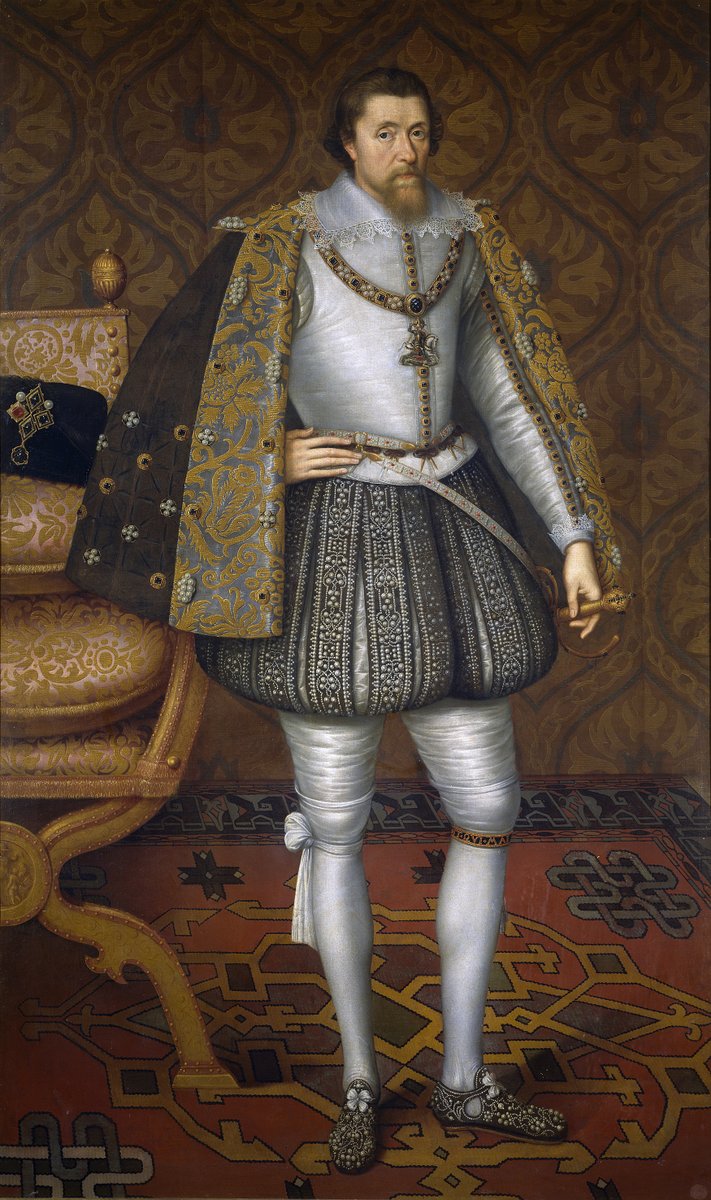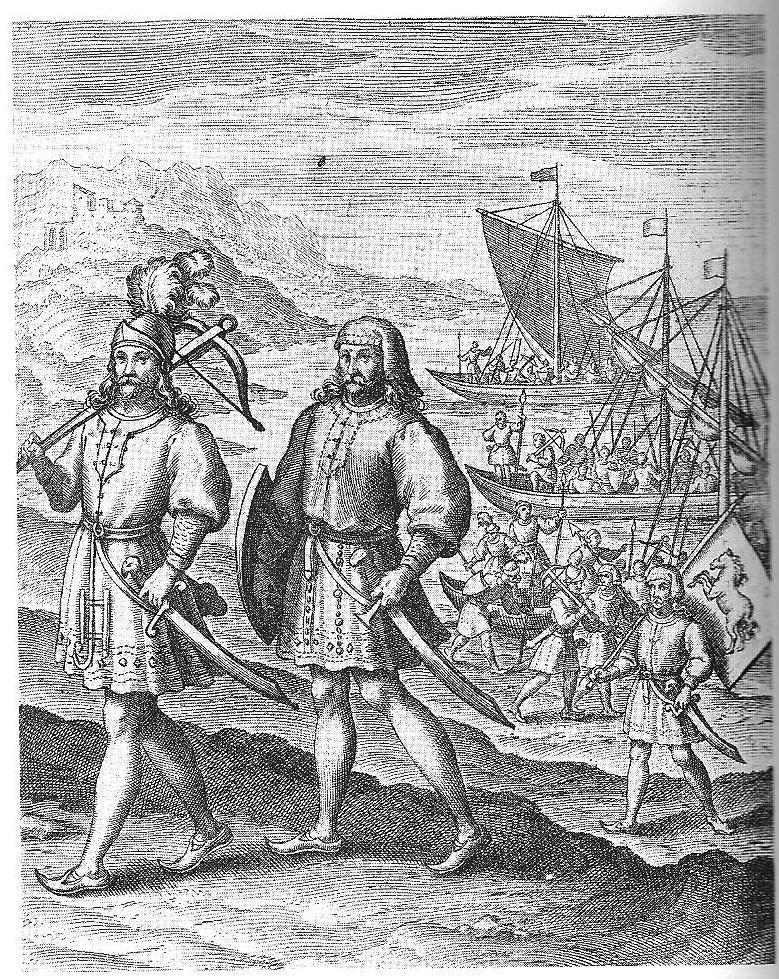
Before Rome became an all conquering Empire, it languished in the Italian peninsula for half a millennium, till a general pushed them out.
And he wasn't even Roman.
Story in the evening ...
And he wasn't even Roman.
Story in the evening ...
https://twitter.com/Arby_K/status/1344833301865873408
Hannibal Barca was born around 247 BC to Hamilcar Barca, a Carthaginian general. Hamilcar Barca led the Carthaginian forces in Sicily against Rome in the latter stages of the First Punic War. With the fate of the war decided elsewhere, Hamilcar would set his sight for Rome. 1/10 

But first Hamilcar would work to gain more influence in Carthage with the help of Hasdrubal, who would marry his daughter later. After achieving control over Carthage, the two would set sail for the Iberian peninsula where they developed their base. 2/10 

By 221, after the deaths of his father and brother-in-law, Hannibal had become the chief. With a stable base ready in Cartagena, Hannibal would sack Saguntum, a Roman ally in the Iberia, in 218 and set out to cross River Iberus (Ebro) leaving his brother in charge in Iberia. 3/10 

In response, Rome would attempt to counter by sending their two Consuls to Iberia and Sicily. By the time Consul Publius Cornelius Scipio reached Marseille, Hannibal had already crossed River Rhône and was well on his way to Italy. 4/10 

When both Consular armies converged on Trebia, Hannibal would come out victorious. It would be followed up with victories at Lake Trasimene & Cannae. The latter, fought despite being largely outnumbered by Roman army, would see the defection of southern Italy to Carthage. 5/10 

In the meantime, Publius Scipio and his brother Gnaeus would try to unsettle the Carthaginian forces in Iberia. But after a long drawn war, Hannibal's brother, Hasdrubal Barca, would emerge the winner. The defeat at Cannae led the Romans to a delaying strategy. 6/10 

As Dictator, Fabius Maximus had chosen not to engage the Carthaginian forces at a disadvantage. Though his time as Dictator had lapsed by the time of Cannae, the defeat brought him back. With Hannibal oddly avoiding directly attacking Rome, the war became one of attrition. 7/10 

In 209, Cartagena had fallen to Publius Scipio's 27 year old son. In 207, Hasdrubal Barca would be defeated and killed at the Metauro River. By 206, the younger Scipio had taken care of the remaining Carthaginian forces in Iberia and was preparing himself for war in Africa. 8/10 

As Scipio attacked Carthage, Hannibal would be recalled from Italy. But this time it would be the Romans who would come out on top, with the help of neighbouring Numidia. Numidia had been an ally of Hannibal earlier in Italy. 9/10 

After the war, Hannibal would retain his military role, becoming a Suffete running Carthage. But soon his rivals in Carthage would force his exile and he would live out his remaining life as a mercenary eventually dying in 183. 10/10 

• • •
Missing some Tweet in this thread? You can try to
force a refresh














